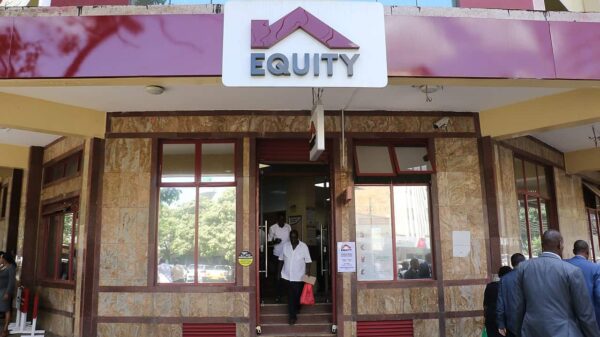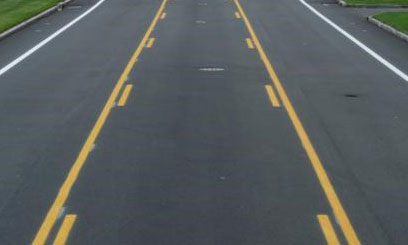NAIROBI, Kenya, Feb 10 – Foreign financing for infrastructure development may be doing African countries more harm than good in terms of economic growth, according to the International Monetary Fund (IMF).
Assistant Director in the IMF Research Department Andrew Berg said the large amounts of financing coming from foreign sources become an impediment to economic growth in the long run when African countries are left with high loan debts to repay on infrastructure projects their governments have commissioned.
“The loan is the government’s to repay. The government has to somehow collect tariffs or taxes. In many cases the tax rates in countries are so low that even a project that pays back way more than the cost of the project itself, most of that benefit goes to people outside the government and the government may have a hard time collecting that,” he said.
As foreign loans became more available to African countries, the shift from funding the delivery of social services to financing infrastructure development became a focus for countries looking to boost their economies.
Prior to this, most African countries would opt to fund infrastructure development through domestic resources, often leading to higher taxes.
“There aren’t a lot of resources to go around; countries are poor. It’s hard to raise taxes and tax systems aren’t very efficient; there are tons of competing demands. Then because of the inefficient tax systems we have to make sure not to kill off the growing private sectors with over taxation,” he explained.
Berg further warned that when a country is forced to divert scarce resources to fund an infrastructure project it ends up hurting its purchasing power for importing essential goods.
“Let’s say you want to build an electrical power plant. When you want to import the generators for that power plant the country has to find dollars. So they have to put resources to work by exporting. Those dollars used to buy the generators are dollars the country can’t use to import consumer goods or medicine,” he said.
The growth experienced from the infrastructure development, Berg emphasised, needs to translate into the ability of the country to repay foreign loans.
“We’ve been looking for success stories of countries that receive some windfall from a new discovery of natural resources or is engaged in the new boom of public investment spending and how that translated into growth and so far it has been challenging to find those success stories.”
Ultimately, prioritising and maintaining infrastructure projects to generate productive and useful capital will be key for African countries to guarantee sustainable economic growth.
























